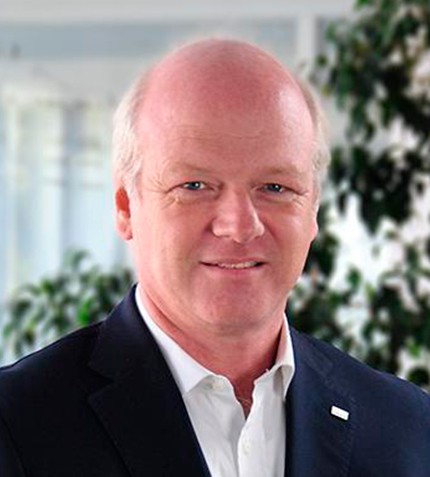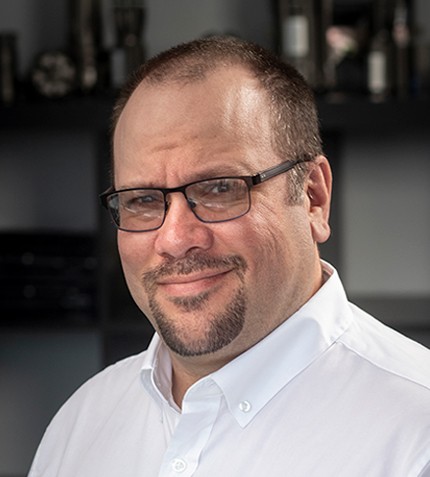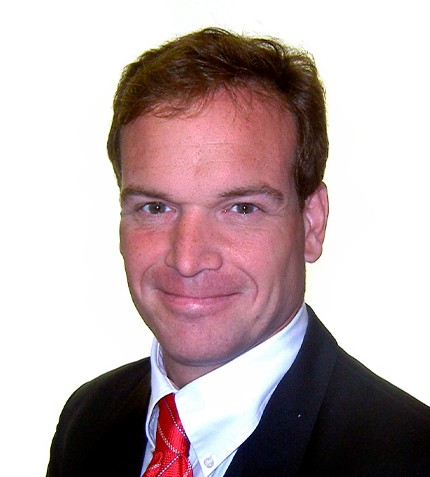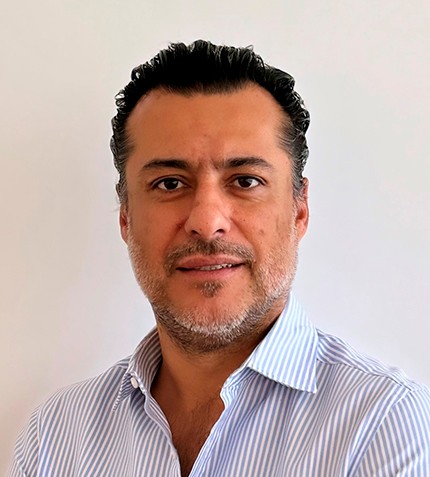
"We worked for two decades in the locomotive maintenance program with Codelco and have not lost any time to accidents. Considering we provide around 120,000 man hours annually, that is over 2 million man hours without accidents."
Ludwig Hecker
CEO, FERROSTAAL
What was the evolution of Ferrostaal in the Chilean market?
Ferrostaal Chile, as a subsidiary of Ferrostaal in Germany, has operated in the country for 75 years. Over this period, it has been a fairly diversified company, as it has introduced technology and capital goods that are implemented together with clients in mining, oil and gas, and the general industry. We have participated in large facilities in mines for Codelco, BHP, and El Abra, including material handling facilities, as well as in pyrometallurgical facilities in Codelco and Enami smelters. Beyond being a key provider of technology, over the last years, we have increasingly offered long-term services in electrical and instrumentation areas, both for mining and oil and gas, including plant shutdowns, where we need to find and send the key personnel to the plant within very short time frames. With Codelco, at El Teniente, we have been providing electrical maintenance of their locomotives for 20 years, and we were also in charge of maintenance for the underground instrumentation and control systems at El Teniente.
We offer construction and installation services to the industry, and we have recordable incident rates much lower than the industry average. Safety has become a competitive advantage for us in the market. From a service perspective, we are not mainstream – instead, we participate in market niches where we can add value to the clients. For the last three years, we have grown by 30%, both in sales and profitability, and we want to continue this route.
Can you elaborate on the safety performance of the company?
We worked for two decades in the locomotive maintenance program with Codelco and have not lost any time to accidents. Considering we provide around 120,000 man hours annually, that is over 2 million man hours without accidents.
Safety rests on several pillars. First, our collaborators need to be fully trained to implement the tasks they are assigned. Then, we need the right methodology and processes in place. Finally, we need to work very closely with our clients so we can plan projects very well, because good planning allows us to identify any associated risks in advance and act accordingly.
What are the company’s initiatives in decarbonization?
Our motto is ‘Turning ideas into reality’. We are quite opportunistic in identifying the main trends in the market and providing solutions to meet these mega-trends. One is decarbonization. This includes the development of synthetic fuel plants, notably e-diesel for land transportation, but we are also looking into sustainable aviation fuel (SAF). Our shareholders have made an early investment into a company called Ineratec, which gives us access to innovative technology to modularly scale synthetic fuels production plans.
How positive is the outlook for technology in Chile?
The mining industry is experiencing a super cycle due to the energy transition and the demand for copper, and this cycle should last for a few years still. In this context, decarbonization levels will depend on the clients’ will to adopt these technologies. With Ineratec, actualy we can produce diesel at US$6-7 per liter, but that is still higher than the US$1.50 that a liter of standard diesel costs. Decarbonization will need the support of the wider industry as well as potentially stronger regulation to push for it. Chile is an extremely liberal economy, and that is a double-edged sword. On the negative side, the industry is not forced by regulation to walk the extra mile when it comes to decarbonization, but on the bright side, Chile is an attractive market to innovate and try new technologies and concepts.
What are the prospects for the coming years?
Our main goal is to consolidate as an expert company in decarbonization, both in terms of consultancy from technical, engineering, and economic perspectives and as a relevant partner during the execution of those projects where we act as a provider of technology as well as a contractor. Additionally, we are acting as an investor in specific areas where we can generate a positive impact for our shareholders. As part of this initiative, we expect to implement a 10-MW synthetic fuel plant in Chile, together with partners, and well as energy storage facilities (BESS) based on an Organic SolidFlow battery manufactured by CMBlu Germany.










